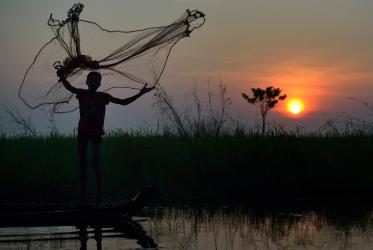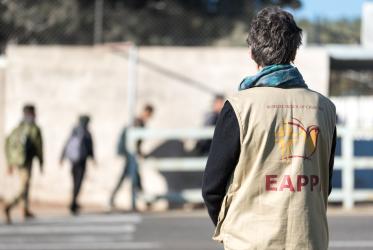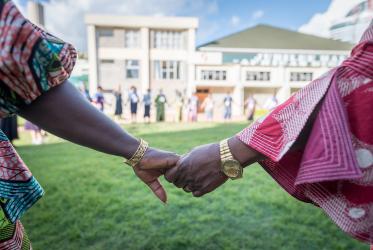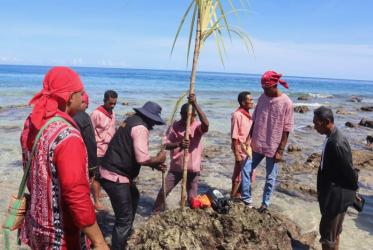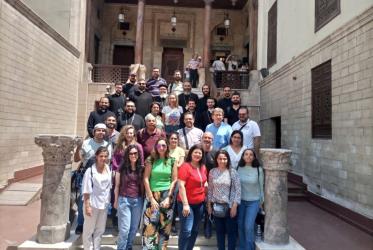Displaying 61 - 80 of 431
Recommended Practices to Combat HIV-Related Stigma
A Guidebook for Local Faith Communities
05 October 2023
Faith Sector Implementation of the Global AIDS Strategy
05 October 2023
ACT Alliance general secretary: “equity is not negotiable”
26 September 2023
Ecumenical accompaniers report growing violence against Palestinians
21 September 2023
Celebratory event discusses Black leaders’ contributions to WCC
06 September 2023



